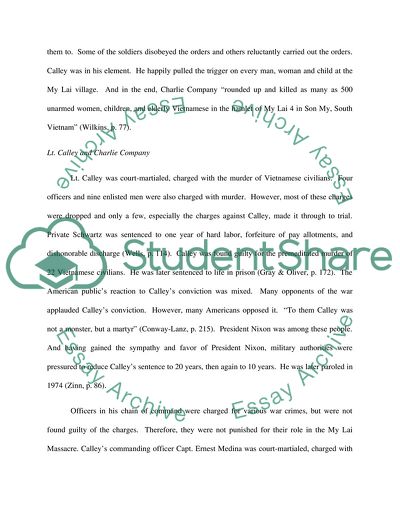International law extra Essay Example | Topics and Well Written Essays - 500 words. Retrieved from https://studentshare.org/miscellaneous/1553989-international-law-extra
International Law Extra Essay Example | Topics and Well Written Essays - 500 Words. https://studentshare.org/miscellaneous/1553989-international-law-extra.


